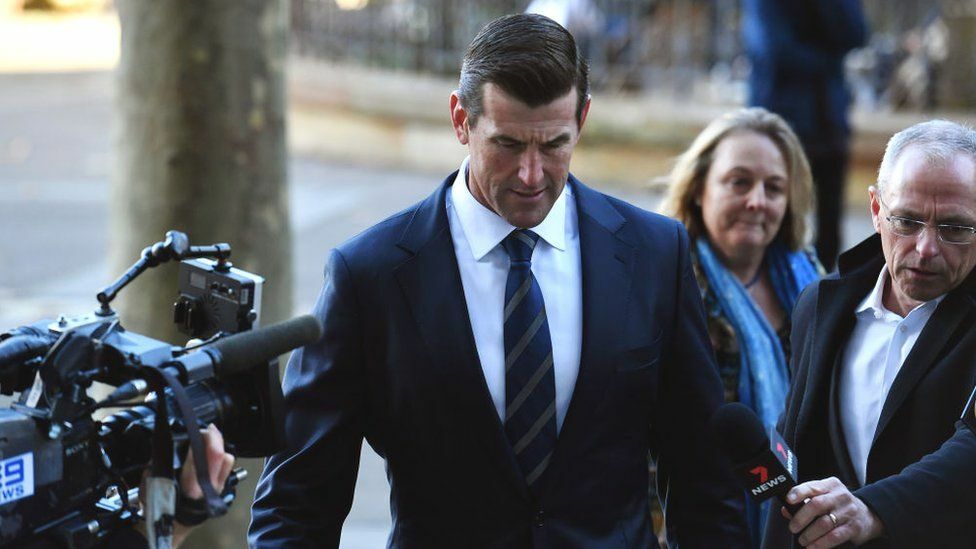Decorated Australian soldier loses defamation case over war crime allegations

In a historic ruling, an Australian judge has determined that decorated soldier Ben Roberts-Smith lost a defamation case against three newspapers that accused him of committing war crimes in Afghanistan. The judge found the allegations against the former soldier to be “substantially true,” marking the first time an Australian court has evaluated accusations of war crimes committed by the country’s forces.
Justice Anthony Besanko concluded that four of the six murder allegations against Roberts-Smith were true, severely damaging the Victoria Cross recipient’s reputation. The defamation case has been described as a “disastrous miscalculation” and an “expensive own goal” for the former soldier, and it remains uncertain whether he will face criminal charges.
Dr Jelena Gligorijevic, a senior lecturer in law at the Australian National University (ANU), explains that prosecutors must now decide if there is enough evidence to prove the murders “beyond reasonable doubt.” She adds, “This defamation judgement is not at all conclusive on whether they will prosecute, and then whether they will be successful.”
Calls for Roberts-Smith to be stripped of his military honours have emerged, along with demands for the removal of tributes dedicated to him at the Australian War Memorial (AWM). In response, the AWM stated that it is “considering carefully the additional content and context to be included” in displays referencing the former Special Air Service (SAS) corporal.
Roberts-Smith’s lawyer has not ruled out an appeal, but the civil trial is already estimated to have cost around US$16.3 million. Additionally, the former soldier resigned from his high-ranking position at Seven West Media on Friday.
The trial has raised further questions about Australia’s military, which has long been regarded as having a distinguished legacy. However, the Brereton Report in 2020 revealed “credible evidence” that elite soldiers unlawfully killed 39 people in Afghanistan. This year, former SAS soldier Oliver Schulz became the first person to be charged with the war crime of murder.
Australia’s government has established an Office of the Special Investigator (OSI), which is currently investigating “40 matters” in collaboration with the police. International law professor Donald Campbell from ANU confirms that Roberts-Smith’s actions “certainly fall within the scope” of the OSI’s work. However, the evidence presented in the defamation case cannot be used in a criminal trial, and investigations would need to start anew.
Many experts argue that the Brereton Report and testimonies from Roberts-Smith’s case call for a deeper reckoning. James Connor, a military sociologist at the University of New South Wales, emphasises that these soldiers were not operating independently and that responsibility for their actions must be shared widely. He also highlights the need for a cultural shift within the Australian Defence Force, which has grappled with a “cultural problem” for “decades.”
Professor Peter Stanley believes that the investigation into Australia’s darker war chapters could ultimately lead to redemption. He says, “Australians might be embarrassed or even ashamed that these allegations have been made, but the fact that Australia is openly and properly investigating them is, I think, a source of pride.”
Latest Thailand News
Follow The Thaiger on Google News:


























